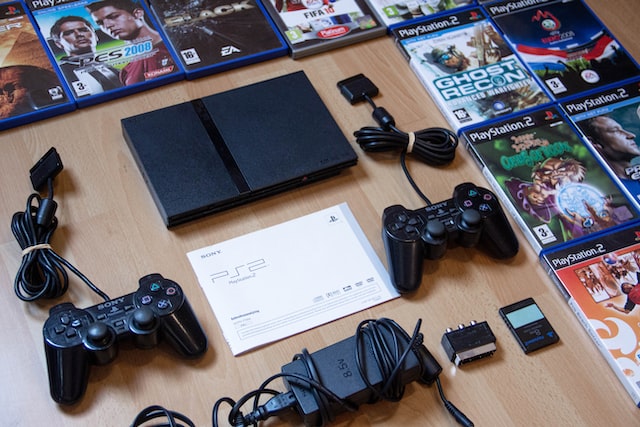As video games become more advanced and realistic, PC owners want better graphics capabilities. Some PC gamers even consider buying a dedicated graphics card because they can’t match the power or performance of their motherboard.
When choosing a GPU, remember that graphic cards generally fall into three categories: integrated GPUs, CPU/integrated GPUs, and discrete GPUs (DGPU). The difference between these three types determines how much power the GPU provides and how well it performs.
The Best Graphics Card for Your Computer
If you plan to play PC games, such as World of Warcraft, Battlefield, Call of Duty, etc., then you’ll need a discrete GPU. This type of card gives you the fastest gaming experience possible, especially if you’re playing games at high resolutions. If your computer is powerful enough to run multiple monitors and has a good graphics card, you might be able to use all of them simultaneously.
Although most people don’t have a D-GPU in their current computers, you may want one in the future. These days, many new PCs are being sold with integrated graphic chips built into the motherboard. Because an integrated graphics chip only has access to system memory, it’s not capable of running complex 3-dimensional programs like those found in graphic-intensive video games. Your integrated GPU doesn’t even support DirectX 10.
While integrated graphics provide acceptable game rendering speeds, you won’t get any of the benefits associated with a D-GPU. For example, you probably wouldn’t be able to use multiple displays simultaneously unless you upgraded your motherboard. You also would lack the ability to use features like Anti-Aliasing, which smooths out jagged edges on objects displayed onscreen.
So before purchasing a PC, check to make sure you already have the right components. If you do, a D-GPU won’t improve your gaming times significantly. However, if you find yourself without one, the next section will tell you what you should look for when shopping for a D-GPU.
What to Look for When Shopping for a Discrete Card
Discrete cards have several advantages over integrated ones. They offer better image quality, higher frame rates, and greater flexibility regarding screen resolution settings. One major drawback is cost; a dedicated card usually costs twice as much as its integrated counterpart. Fortunately, there are ways to cut down on this expense.
First, if you need a card for a desktop computer, you won’t save anything by getting an integrated model instead of a discrete one. Most manufacturers supply both options for consumers who intend to upgrade later.

Second, if you plan on building your custom PC, rather than buying a prebuilt one, you can save some money by using an integrated card. While you could still buy a discrete GPU and install it yourself, other options allow you to avoid additional hardware expenses.
For instance, you can build a computer based on Intel’s Z68 chipset, which includes an option called “Intel HD Integrated Graphics.” Instead of paying extra for a discrete GPU, you can choose to add Intel’s IGP to your motherboard. You can do so by installing an expansion slot-topped mPCIe module and adding an available connector onto one end. Although a few users have reported issues with stability, you shouldn’t have any problem using these types of adapters.
Another way to reduce the overall cost is to replace the integrated card inside your current PC with an aftermarket version. Manufacturers often sell replacement cards under brand names like EVGA, MSI, Asus, Gigabyte, and others. Usually, they’re priced at less than $100 each, which makes them a great value.
One final trick that greatly reduces the price of a discrete GPU is to buy a used one. After all, why pay full retail for something that someone else already paid for? Used cards aren’t hard to come across online. Some sellers even specialize in selling used GPUs. Check out eBay, Amazon, or Craigslist.
Even though you’ll likely spend more upfront, buying a used card will save you money in the long run.



